Finding the right words: PSEAH terminology testing in Dohuk and Kirkuk, Iraq
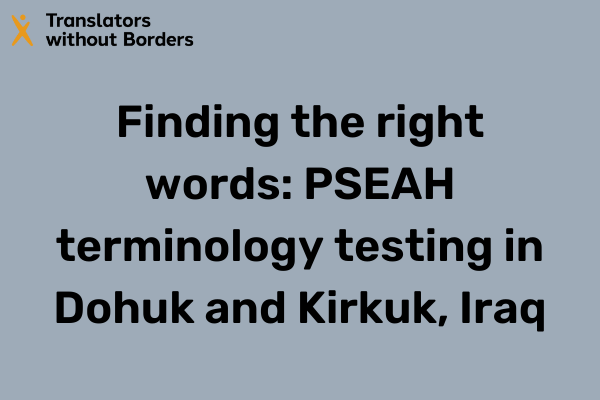
In partnership with the International Organization for Migration, we developed a glossary of terms on preventing sexual exploitation, abuse and harassment in three Kurdish […]
Majhis’ role in sharing information in the camps
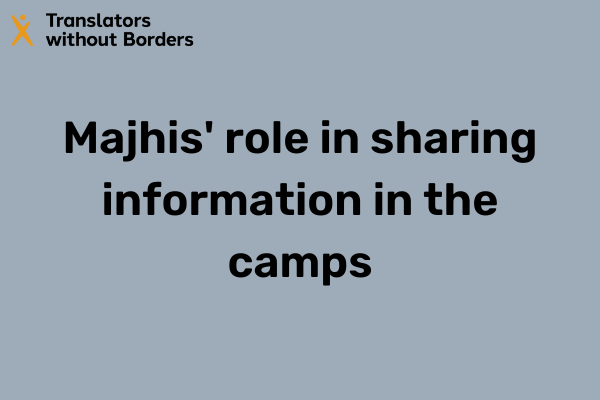
View our Majhis’ role in sharing information in the camps research report in a new tab here.
Imams’ role as sharers of information in the camps
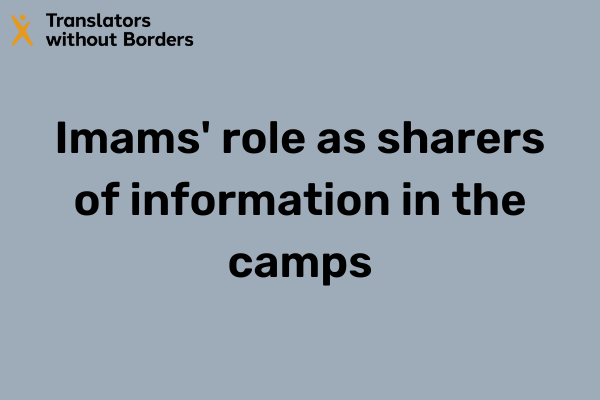
View our Imams’ role as sharers of information in the camps research report in a new tab here.
Complaint and feedback mechanisms are missing the voices of women and people with restricted mobility
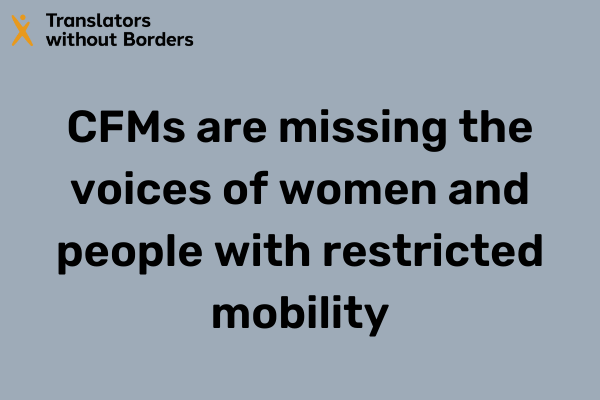
View our Complaint and feedback mechanisms are missing the voices of women and people with restricted mobility research report in a new tab here.
How Rohingya people think and talk about mental health
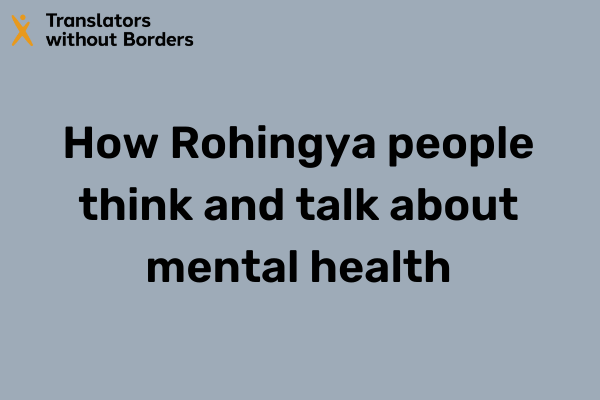
. View our How Rohingya people think and talk about mental health research report in a new tab here.
Rohingya information preferences and perspectives
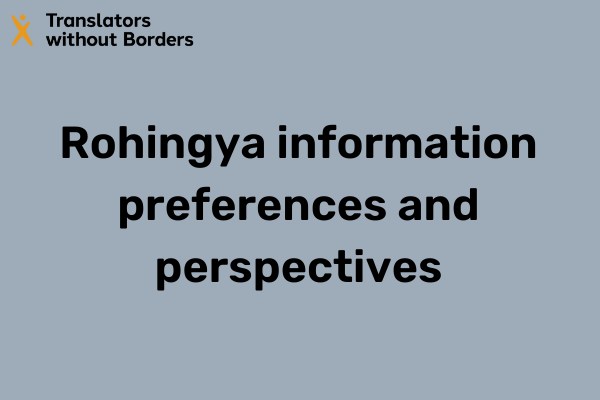
View the Rohingya information preferences and perspectives research report in a new tab here.
Learning review research for TWB trained community-based interpreters in Nigeria

View this research report in a new window here.
Localized communication minimizes the impact of Ebola in DRC
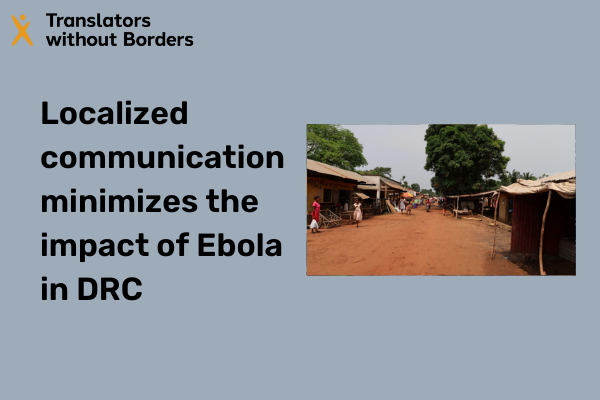
The response to the 11th Ebola outbreak in the Democratic Republic of Congo (DRC) proved the merits of local, multilingual communication with communities. TWB’s […]
In the loop: developing effective complaints and feedback mechanisms

Complaints and feedback mechanisms are an essential part of the humanitarian community’s ability to be held accountable for the assistance and protection we deliver. […]
Language barriers in the humanitarian response in Northeast Nigeria
